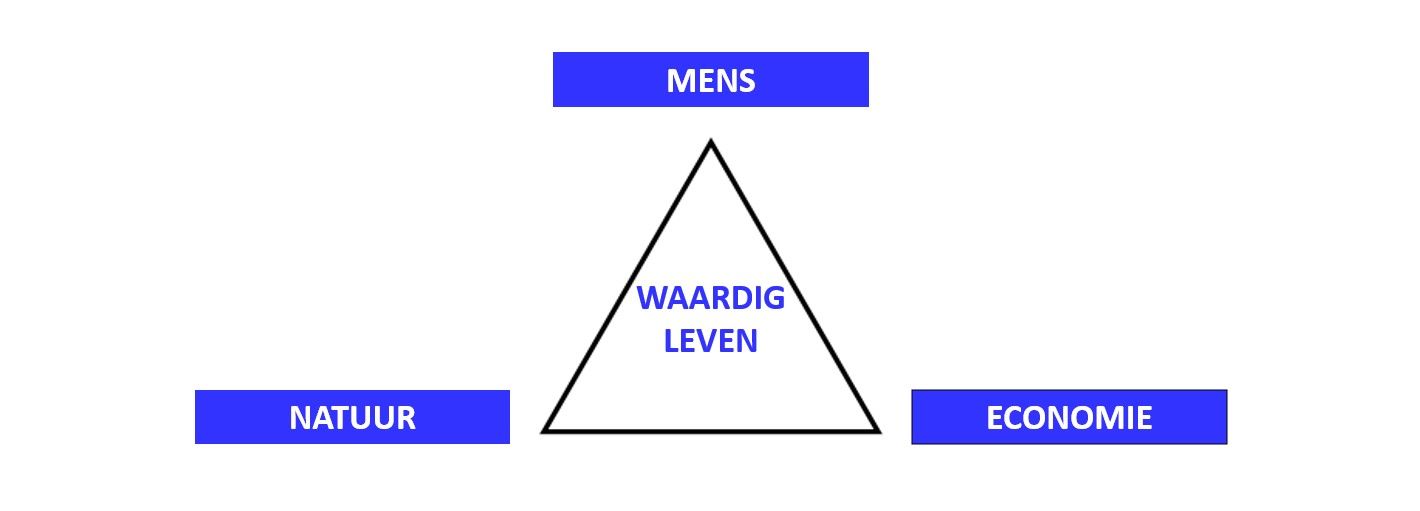Sadness, disenchantment, and disbelief
Quand le lobby du patronat européen veut « minimiser » les efforts climatiques (When the European employers’ lobby wants to “minimize” the climate efforts): on September 19 Aude Massiot published a strikingly disturbing article in Libération . The original information is available on EURACTIV .
Remember the summer of 2018. Looking at the average temperature measured by the Royal Meteorological Institute in Brussels, last summer broke records. We experienced the hottest summer since the start of the measurements in 1901. Moreover, the Belgian summer was not only hot, it was also extremely dry. But this was not unique. Europe was more overheated and drier than usual. The forest fires in Scandinavia and Portugal could hardly be extinguished. Temperatures broke records across Europe, with maxima as high as 48 degrees in central Spain and Greece. Those meteorological conditions pose a threat to human life. The human body can not bear that. Heat waves can harm anyone, even the young and healthy, in ways that extend far beyond cardiovascular diseases [Mora et al. 2017].
On the other side of the world murderous typhoons blew over Taiwan, Japan, the Philippines as well as the east coast of the USA. When they reach populated areas, they bring very strong winds and rain which leave a trail of death and destruction.
Everybody who has but little common sense understands that climate changes. We face a change in global and regional climate patterns; in particular a change apparent from the mid to late 20th century onwards and largely attributed to the increased levels of atmospheric greenhouse gases [Pussemier & Goeyens 2017]. Europeans are certainly feeling the devastating effects of climate change; the summer heatwave and drought saw the European Union (EU) dig deep to bail out helpless farmers.
In those circumstances, the BusinessEurope internal memo is particularly daunting. A leaked internal memo, obtained by EURACTIV, gives a rare glimpse into the communication strategy of Europe’s main business lobby group. The memo recommends to oppose a new increase in the EU’s climate ambition, using the usual arguments that Europe cannot take action on its own, and should seek a level playing field with global competitors before making any moves. Why should they stick their neck out?
Mr Miguel Arias Canete, the EU climate action commissioner, had suggested updating the EU’s greenhouse gas reduction target for 2030, arguing that the EU’s level of ambition had “de facto” been raised after an agreement was struck on renewables and energy efficiency targets earlier in June. That was however backed by Commission President Jean-Claude Juncker and later Chancellor Angela Merkel also spoke out against revising the EU’s climate objectives.
The BusinessEurope internal memo has 4 recommendations for advocacy and communication stategy. The members are asked to adhere to the prescribed approach. They should be rather positive as long as it remains as a political statement with no implications on the range of 2030 EU legislation, and oppose the new increase of ambition. The should also challenge the process, such as the need for more transparency on the calculations, and “minimise” the issue arguing that the formation of a “de facto” extra ambition is not what matters most [BusinessEurope’s discussion note for energy and climate WG meeting om 19/09/2018; avalaible on EURACTIV].
Science, politics and policy-making, it has always been a difficult balance. In fact, the European lobby group BusinessEurope wants to undermine the climate targets. A very unwise decision, now that it has been very clearly shown that the world is closer to exceeding the budget for the long-term target of the Paris Climate Agreement than previously thought [Gasser et al. 2018].
Lobbyists often represent powerful interests. Yet, an ethical approach to lobbying must ensure that someone stands up for the common good. Conceptually, ethics is far from being a thoughtless and servile adoration of rules, that are often set after aggressive lobbying. The fundamental question of ethics is not “What should I do? But what kind of person should I be?”. For the industry, this question becomes: “What image do we like for ourselves and for our company?”.
Dear reader, I sincerely hope that my message will not be trashed.
Gasser et al. [2018]. Path-dependent reductions in CO2 emission budgets caused by permafrost carbon release, Nature Geoscience 1
Mora et al. [2017]. Twenty-Seven Ways a Heat Wave Can Kill You: Deadly Heat in the Era of Climate Change, Circulation: Cardiovascular Quality and Outcomes 10, 11, 1 – 3
Pussemier & Goeyens [2017]. AgricultureS & Enjeux de société, ACCO, Leuven
